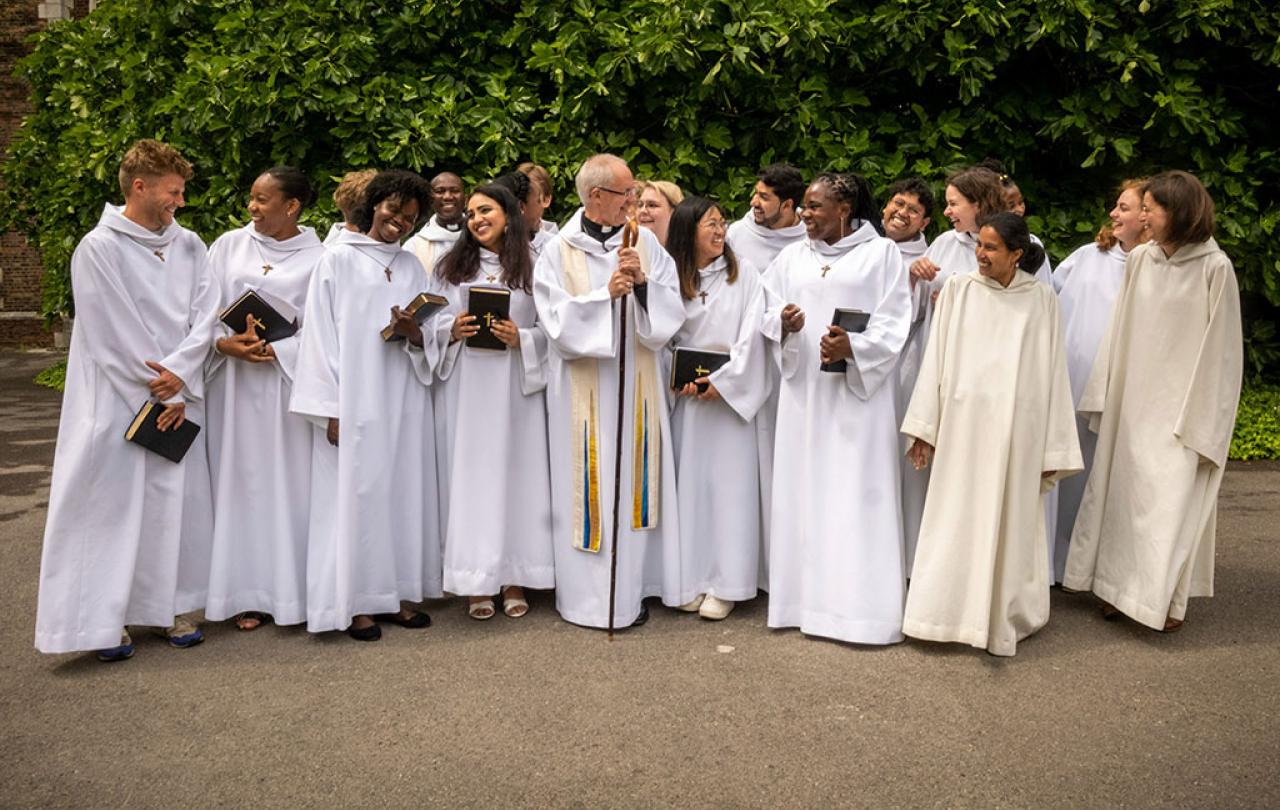
I did a horrible piece of training at the weekend. You have to do a lot of continual learning if you’re a counsellor, and some of it is hard going. This particular session (with Cruse, a national bereavement charity) was about self-harm, and it contained sheets and slides and lists of the ways in which people hurt, damage and punish themselves. Usually as a way of expressing another kind of pain or because it’s the only thing they can control in a chaotic world. Six hours of it, on Zoom.
All of us have topics that we struggle with – areas that we find difficult to contemplate – and self-harm is one of mine. It is so far from my own experience of reality that it makes me feel square and naïve and overprotected, and every part of me revolts against it in some way. How terrible that people who are already suffering can only find relief by inflicting further harm on themselves! And some of the injuries are so grievous. Mortifyingly, my main reaction on this occasion was an urge to put my fingers in my ears and tell everyone to STOP IT... not just the trainer, but the poor souls involved in hurting themselves too. Training can be humbling, in the way it reveals the limits of your own compassion to you.
Clearly though, telling people to ‘stop it’ is not an option, however you might feel! So what to do?
Christianity, usefully, offers quite a lot of different options for coping with difficult life stuff, so I started considering some of these as I attended to the trainer. The peaceful, thoughtful series of Lent reflections I’ve been listening to recently, for instance… might they help? Um no, not suitable really. Too meditative. You can’t ‘gather the scattered pieces of your consciousness and centre them on God’ when someone is talking about teenagers cutting themselves in ‘risky places, or too deep’ I found. Tranquillity of mind is too passive a response.
So then I thought about people talking sometimes of being able to hand over their troubles to Christ. He ‘takest away the sins of the world’, as the communion service puts it... his arms are open and he is God, so he can bear the weight. But that didn’t work either. Too mystical. It felt as if action was required, not meek handing over of sorrows because I couldn’t bear to contemplate them. I don’t think we’re meant to dodge responsibility and simply go, ‘Ugh, you have these ones Lord because I don’t want them’.
So, I sat there writhing inwardly and feeling sweaty and miserable and wishing I was somewhere else.
This kind, accepting, unshocked conversation was immensely comforting and reassuring, I found. There was safety in it, and daylight, and hope.
But then I started wondering how everyone else at Cruse copes with such things. I began looking at the other faces on my screen… the 21 of my colleagues who were also attending the training, almost all of them volunteers.
There was the strong, calm face of Manju, an Indian doctor lady, and Suki, a smiley gappy-toothed African lady, who both work on the triaging team, assessing callers as they come in and assigning them to helpers. There was Richard the First and Richard the Second, both white, one younger than me, one older, both friendly and knowledgeable and kind. There was Naga, a retired nursing sister who looked Scandewegian, and Christina, ditto – except she’d been a teacher. And Nick, not much more than a teenager by the look of him, and Sat, a big Brummie taxi driver in a turban. William looked as if he might be an academic, with his leather elbow patches, and Keith had his sound off due to the presence of a large cat on his desk, which leaned over periodically to miaow into his mike. Lots of others too.
And suddenly I realised that there was my answer: all those good people, giving up their Saturday because they cared. Listening to stories of suffering because they wanted to understand better, in order to be able to help – to do something for the broken and the sad among us.
That’s the presence of God, surely: that an army of people turn out, day in, day out, to do things simply because they are good. There is no payment, no special recognition. They have to listen to some very difficult things and contemplate darkness that they wouldn’t necessarily in their own lives. But there they all were that morning, one small group among thousands of others all over the country no doubt – ready to serve, and cheerful and friendly and attentive.
They talked matter-of-factly about cases they’d encountered and situations which can lead people to injure themselves, and about self-harm as a phenomenon in certain social groups. About how it can be treated, about how it can heal and disappear with the right care and compassion. About how sometimes it can even be preferable to other alternatives. It is much easier, for example, to stop self-harming than it is to recover from an eating disorder.
This kind, accepting, unshocked conversation was immensely comforting and reassuring, I found. There was safety in it, and daylight, and hope. A feeling that even if someone is suffering, there are others who are able to meet them there, to keep them warm and hold them up. That people do act as the hands and feet of God actually sometimes, regardless of creed or faith or fallenness.
Looking at them all I felt so much better… and that if they could do it, I could. We only need to work in company together and our collective strength will keep us all afloat, rescuers and rescued alike. ‘Be not afraid’ the Bible says over and over again. It is very much easier not to be, when you’re not trying to be brave by yourself.

